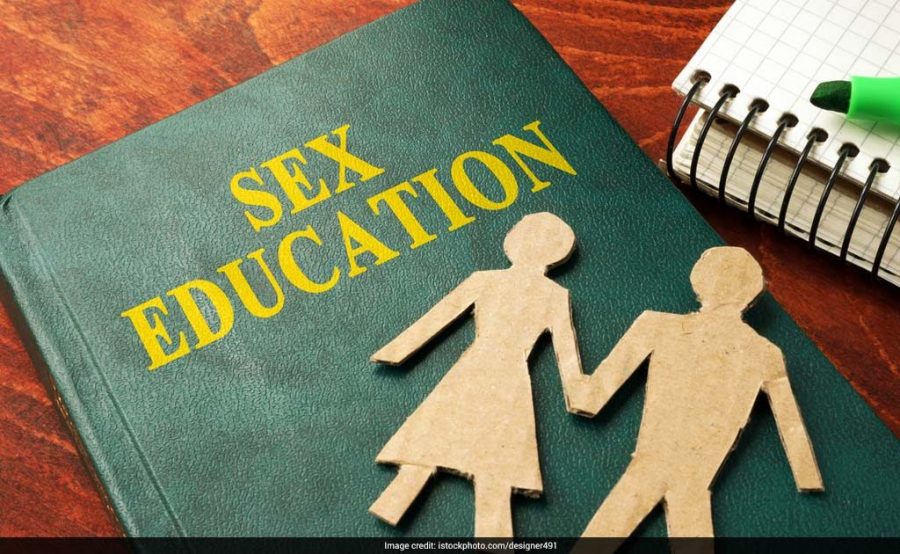How Far Is Too Far When Talking About Sex Education
Sex Education has become a frequently talked about controversial topic. The debate on how far is too far when talking about sex education gained a lot of recent attention in the walls of Blackfoot High School.
In a recent situation a lesson on human sexuality in health class gained a lot of attention. The lesson was taught by two guest speakers, who specialize in the topic of human sexuality. Heterosexuality, homosexuality, bisexuality, and transgenderism were all discussed throughout the lesson.
The lesson became a controversial topic among students. After an outbreak of upset students and parents a letter of apology was sent home to the parents of the students that attended this lesson by Health and Physical Education teacher Jennifer Wixom.
In the letter it states that, “The intent of the lesson was to help students understand human sexuality, as well as understanding diverse population as a way to prevent bullying, harassment, and discrimination.” The letter also apologizes for not giving notice beforehand to parents that the lesson would be taught.
“I thought it was inconsiderate of other people’s views. I also thought that they acted as if their views were facts and my opinions were false. I don’t believe we should have those opinions taught in school, unless parents are notified and we are given the choice of opting out of the lesson,” Curtis Despain (11) said.
“I think what we need to always do in teaching is to look at medically and scientific accurate information. I support scientific consensus. I have no problem teaching sex education if parents don’t want to, but if they do want to I’m more than okay with it,” Wixom said.
The House Education Committee has recently decided to vote on a new sex education bill. They are hoping to update the sex education law to more modern standards. The current legislative policy on sex education establishes an idea that sex education rests upon the home and the church and that schools can only supplement those standards which are established in the family. The sex education curriculum can still be altered by the school districts according to what they believe will benefit their students most. It has become a controversial topic as to whether this strips parents of their rights or not.
At BHS students are required to either take Health or Human Anatomy and Physiology. Health is usually taken during a student’s sophomore year for one trimester.
Consent forms are sent to parents to ensure that they are okay with the topics being taught.
“I think it should be up to the children’s parents to decide when and what they expose their children to,” Hanna Hirschi (10) said.
According to the state standards for sexual education instruction includes, “the stages of life, changes that occur during puberty, changes in relationships with others that accompany social development, acceptance of self and others, healthy relationships and sexuality, consequences of sexual activity, encouragement of abstinence from sexual activity, sexually transmitted diseases, and methods of disease and pregnancy prevention.” The information given to students is required to be factual, medically accurate, and objective.
“I think that we should offer sex education for those who don’t have the option of having a parent to offer them that knowledge,” Emily Cochran (11) said.
“I think it’s important that we have both parents and schools teach it. Parents are a great source, but sometimes they aren’t up to date, or their beliefs take into action about how they teach it. Schools can definitely take action and parents can become more involved. We can also implement that teachers send notes informing parents what they’ll be learning so they can opt out,” Kimberly Santillan (11) said.

Have you ever thought that The Rock is “...just cute…” for no reason? Yeah, so has Kayla Overmeyer. Moving on to her senior year, Kayla, comes into...


